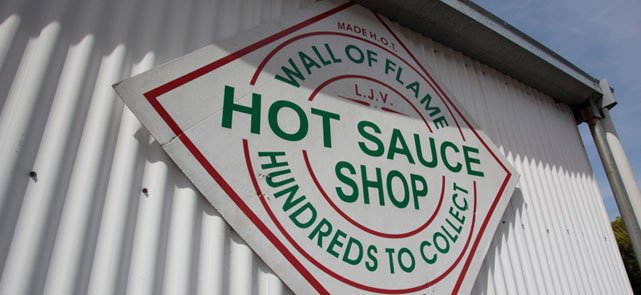Art Knapp Articles
Understanding Soil Mixes
in Informational
If you stop by our flagship store in Surrey, you will find a big selection of soil mixes as well as all the individual ingredients to mix your own. So, what do you need to know about soil mixes? In today’s blog article, we are going to talk about that.
Specialized Mixes
Some types of plants really need a special mix. For example, succulents and cacti need something that drains quickly, and a boggy soil will kill these plants before long. If you have just a few of these plants, the simplest solution is to buy the mix dedicated to them.
Orchid Mixes
Orchids also have special requirements. Not only do these plants need soil that drains quickly, but the roots need more aeration than many other common plants. A specialized orchid mix will have big chunks and pieces in it on purpose for root aeration.
Seed Mixes
Seedlings need a very fine soil because their roots are not strong enough to penetrate anything dense. Some seedling mixes will be sterilized and may also have some added fertilizer for the benefit of the seedlings. Seedlings can also be grown in something “soilless” like rock wool.
Flower Soil
Flowers and flowering plants are typically not as demanding and any good quality dark, loamy soil will work. Some of us like to mix our own with different fractions of potting soil, perlite, vermiculite, and peat. Peat will make the soil somewhat more acidic. Perlite and vermiculite help with aeration and drainage and are inert materials.
Vegetable Soil
Again, what you choose for soil depends on what you want to grow. In general, you will want something good quality, rich, soft, and nutritious for the best results for fruits and vegetables. If you want your carrots to look like carrots, then you need a fine-grained soil. If the soil is hard and lumpy, then your carrots will look like pretzels.
Texture of the soil can also affect nutrient uptake. So, for example, tomato plants can have a hard time taking up needed calcium—even if plenty is available—when the soil is hard and lumpy. Then you can have a problem like blossom end rot and inedible tomatoes.
The composition of the soil will depend on what you are growing and where you are growing it. Most of us can splurge on the best soil for a few potted plants but look for a more economical solution for anything field grown. Certain plants prefer something more acidic and others prefer a more alkaline soil. So, decide what you want to grow before selecting the soil.
We recommend buying the best that you can afford, and talking to us if you have any questions because we are happy to help.
Art Knapp has 15 locations across British Columbia and is well known as the go-to garden centre for everything garden-related. Art Knapp, himself, began the business in the 1940's, and now, 80 years later, you can find more than he ever dreamed of in our stores. Come and see us on King George Boulevard in Surrey.
If you have any questions about this article or want to talk to us about gardening, just give us a call at (604) 596-9201.









